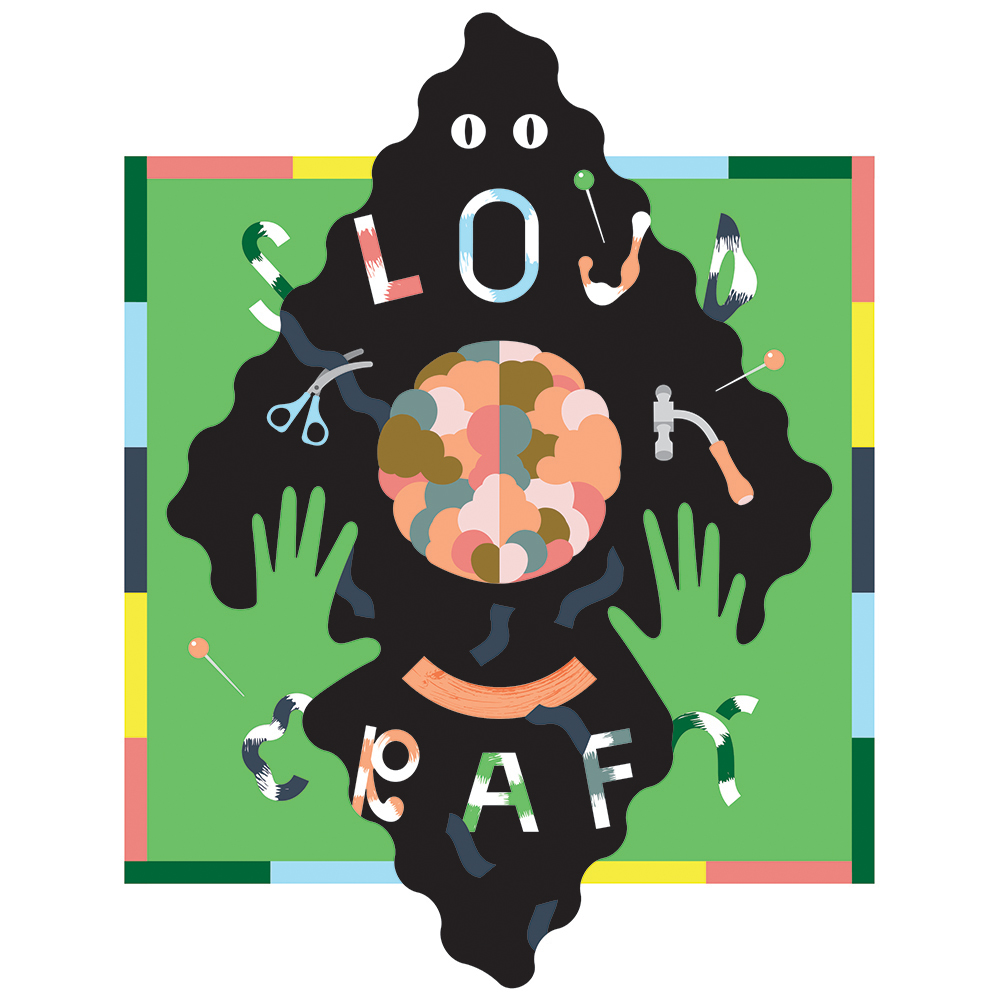Slöjdcraft (Handicrafts) is produced by intermediate stage pupils from Röstånga, Skanör–Falsterbo and Trelleborg. Here in the children’s own world we encounter thoughts about the environment, justice in society, pupils’ rights and of course a lot of fun things too. Imagine money clouds, chewing gum trees, windpower turbines and hover-cars together with good playgrounds and masses of animals!
The exhibition is the conclusion of a Skapande Skola (Creative School) project whose starting point was the question “Why do we have handicrafts?” The aim was to increase understanding for crafts, form and handicrafts in everyday life. Last autumn the participating schools experienced a study visit plus workshop at the Form/Design Center. The pupils were introduced to handicrafts and form and the fact that handicrafts are not an isolated subject in school but something we encounter every day – often without thinking about it. They also discovered that handicrafts are the foundation of many creative professions in architecture and society, textile design and fashion, furniture and product design etc. Both current exhibitions and the Form/Design Center shop contain good examples of things that children can discuss and that derive from school handicraft programmes.
During the workshop it was also asked: “Who decides what the world is like?” and “What would your world be like if you could decide?” Based on these questions the children worked together to establish guidelines and produce concrete ideas about the world they were tasked with creating. They then worked on this project for a couple of months in school, both in their handicraft courses and during lessons in Swedish and society with the aim of rounding out these ideas and communicating them. During the process they were able to see what the other participating schools were doing via the project blog and Instagram accounts.
www.slojdcraft.se
#slojdcraft
Participating schools:
Bäckaskolan, Trelleborg
Midgårdsskolan, Röstånga
Skanör–Falsterbo Montessoriskola
Slöjdcraft (Handicrafts) is implemented within the framework of the Skapande Skola (Creative School) programme in Malmö with support from the National Swedish Handicraft Council.
Photo: Martin Nicolausson, NU Agency
